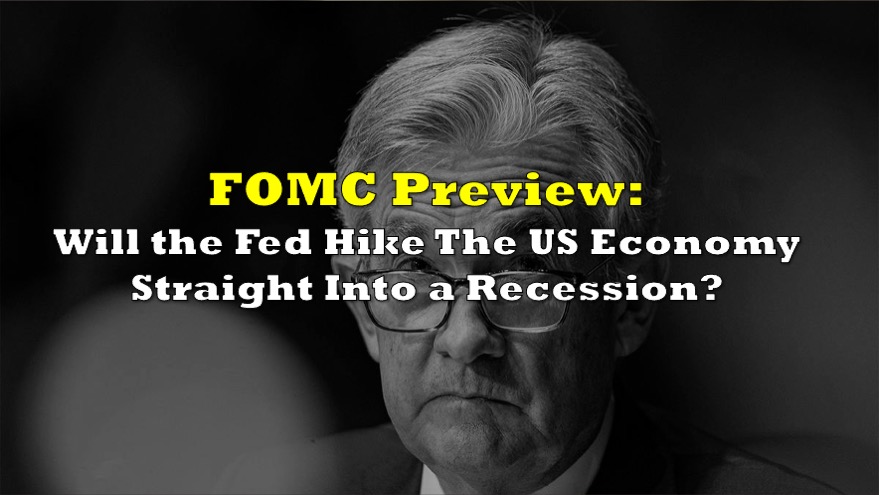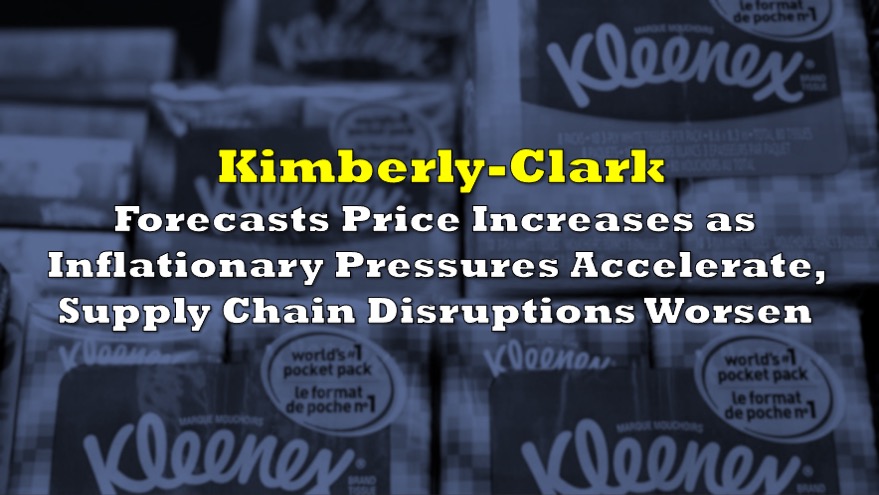Oil and other commodities were under pressure on Thursday, after the Federal Reserve finally indicated that a stimulus taper could be en-route as early as later this year.
Oil sunk to the lowest since May, while West Texas Intermediate futures decreased by more than 4%, falling in line with recent declines in equities and other materials such as copper and iron ore. On the other hand, the US dollar extended further gains on Thursday, also adding pressure to receding oil prices. The gloomy trading session also extended into the S&P 500, which has yet to recover following news of the Fed’s July policy meeting indicating that a monetary policy taper may come a lot sooner than previously anticipated.

Since the beginning of the pandemic, the Fed’s $120 billion per month asset purchases have helped bring the US economy out from the depths of the worst recession in US modern history. However, with the Fed’s monetary support taps wide open, the US economy began to exponentially flood with excess cash, spurring rip-your-face-off inflation across nearly all sectors of the economy.
To this, Fed Chair Jerome Powell has repeatedly insisted that any such price pressures that may arise are merely temporarily, and will retreat to the central bank’s 2% target rate once the economy returns to pre-pandemic levels. However, as per the Fed, before the US economy can reach that destination, inflation first needs to rise even more sharply, and the labour market needs to reach full employment. Only then, will the central bank consider phasing out its generous asset purchases.
But, with mounting price pressures that just don’t seem to be abating, and strong improvements in the labour market recovery, central bank policy makers are getting prepared to dial back their unconditional support. The latest FOMC minutes showed that an increasing number of members were getting closer to reaching a consensus on when to begin tapering its bond buying program. “Most participants noted that, provided that the economy were to evolve broadly as they anticipated, they judged that it could be appropriate to start reducing the pace of asset purchases this year,” read the minutes.
Most committee members revealed that they were satisfied with the inflation goal, but still remained skeptical that full employment levels have been met. Indeed, the latest CPI print showed that inflation accelerated by an annual 5.4% in July, and once again consecutively surpassed analysts’ expectations. At the same time, though, the rapidly-spreading Covid-19 delta variant has reignited public health concerns, as infection fears and childcare issues have discouraged Americans from promptly returning to the workforce.

Information for this briefing was found via the FOMC and Reuters. The author has no securities or affiliations related to this organization. Not a recommendation to buy or sell. Always do additional research and consult a professional before purchasing a security. The author holds no licenses.









